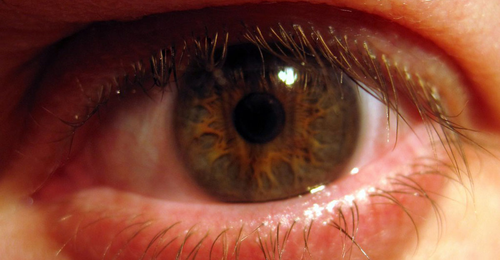Delhi sees record rise in pink eye, dengue cases, say doctors
New Delhi, July 26 : Doctors on Wednesday said that they are seeing a record surge in cases of conjunctivitis, commonly known as pink eye, as well as dengue in the national capital.
The sudden rise in conjunctivitis cases can be attributed to the heavy rainfall and floods that have affected various regions in the country.
The increased moisture, moderate adequate temperature and unhygienic conditions due to the floods, contaminated water supply, and importantly, aerosoling (microdrops) of dirty water from roads by fast moving vehicles create a conducive environment for the spread of the infection, they say.
“We are closely monitoring the sudden surge of conjunctivitis cases across the country, with Delhi NCR alone reporting a staggering 1,032 cases in July. The rise in numbers compared to the same period last year (July 2022), when Delhi NCR had 646 cases and nationwide had 1,202 cases, is a cause of concern,” Dr Kamal B Kapur, Medical Director, Sharp Sight Eye Hospitals, told IANS.
Conjunctivitis, commonly known as ‘pink eye,’ can be highly contagious, spreading through contact with contaminated surfaces and eye secretions.
The symptoms include itching, watery discharge, purulent discharge, swelling of lids, mild redness, and sometimes, individuals may experience blurred vision or glare when seeing lights.
According to Dr Soveeta Rath, Paediatric Ophthalmology, Strabismus and Neuro Ophthalmology at Dr. Shroff’s Charity Eye Hospital, the surge is more significant in children.
“We have seen an increase of 60 per cent patients with eye flu, which is mostly in children. Every third child is presented with red eyes or conjunctivitis. In fact, last week, we saw more than 30 children in the OPD with conjunctivitis,” Dr. Rath told the media.
She said that the rise is due to seasonal change. “It is also because this year there has been more rain, surprisingly an acute water shortage and an absence of hygienic habits. Children will often touch the surface contaminated with the virus/bacteria and rub their eyes with the same hands causing the spread of infection,” she added.
The doctors recommended proper precautions and heightened awareness to control the spread effectively, while also cautioning the use of over the counter medications.
“It is crucial to maintain proper hygiene, frequent hand washing by the affected person and people who are in close vicinity, avoid touching the face, use protective eyewear when needed, and seek professional medical advice if any eye-related symptoms are experienced,” Dr. Kapur said.
In addition to conjunctivitis, the national capital is also seeing a surge in dengue cases. Dengue is a viral fever which is vector-borne and usually the cases increase after the monsoon season every year. The common symptoms include fever, retro orbital pain, severe headache, pain abdomen, vomiting and sometimes, diarrhoea.
“In our OPDs, nearly 20 per cent of patients having fever are suffering from dengue. While the patients currently are not sick to be hospitalised and many of them are being taken care of in the OPD itself, but some are needing admissions and also platelet transfusions,” Dr Ajay Kumar Gupta, Director, Internal Medicine, Max Hospital Vaishali, told IANS.
“There has been an approximately 10-12 per cent rise in the number of dengue patients coming to us,” added Dr Santosh Kumar Aggarwal, Sr Consultant – Internal Medicine, Marengo Asia Hospitals, Sector 16, Faridabad.
Dr Shuchin Bajaj, Internal Medicine, Ujala Cygnus Group of Hospitals, also said that the hospital is “getting more than average dengue cases per week this time, as compared to last year’s numbers”.
To prevent the risk of dengue, the doctors suggested wearing protective clothes, using mosquito repellents, keeping the environment and surroundings clean, not letting water stagnate as mosquitos can multiply there, and keeping children protected.




